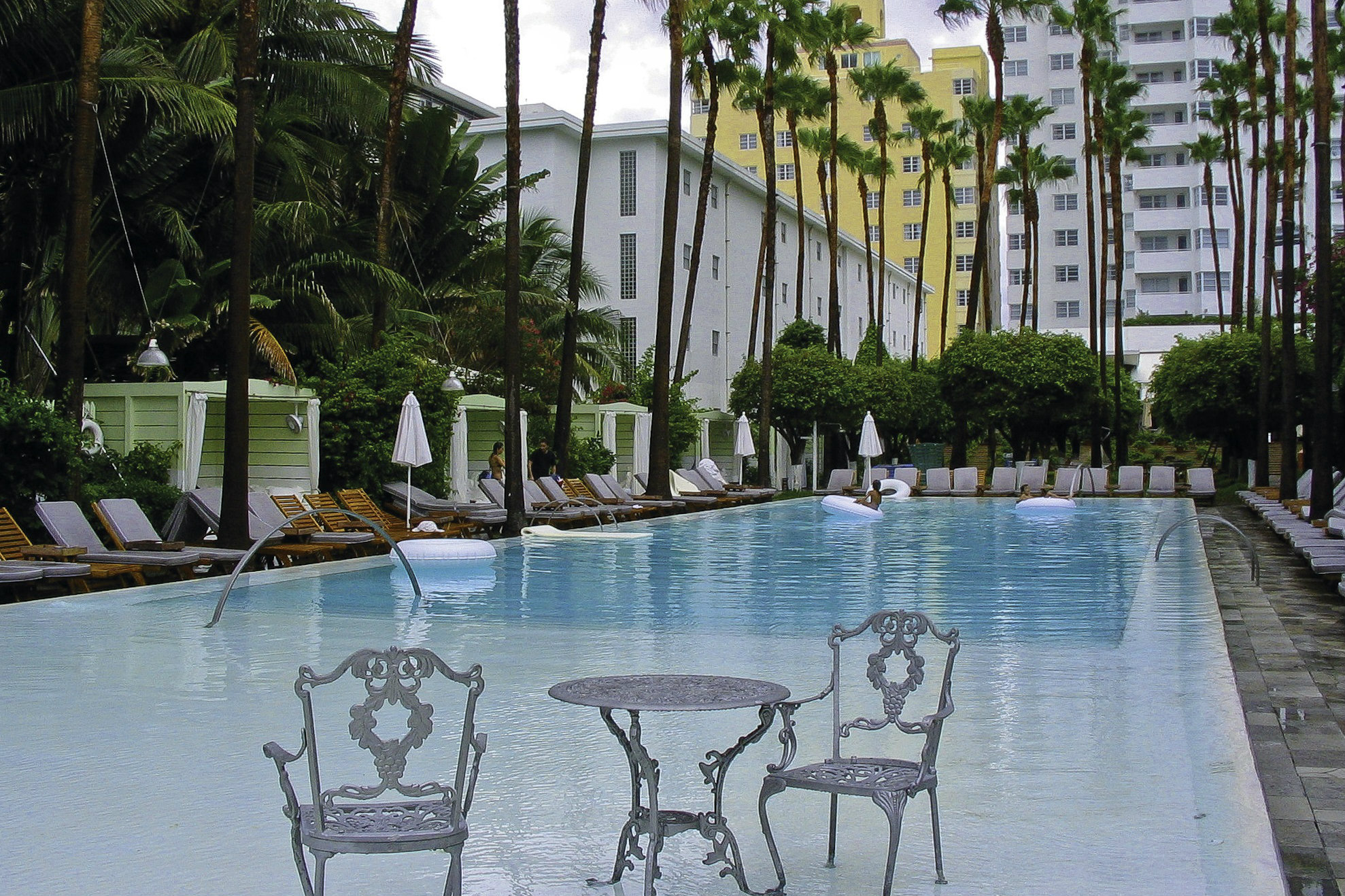A local council member in Montgomery County, Md., has proposed legislation (Bill 16-17), which would allow hotel pools to operate without a lifeguard.
In a memorandum to the Rockville, Md., City Council, Sidney Katz proclaimed that employing lifeguards presents a “costly burden” for the local hospitality industry. Montgomery County is one of only two jurisdictions in the state that require lifeguards at local hotels. To offset costs, many hotels either offer limited pool operating hours or close their pools altogether rather than upset patrons with those limited hours.
“When tourists are choosing where to stay, this can put our county at a disadvantage whenever guests are seeking this important amenity,” said Katz in the memo.
The legislation proposes that registered hotel guests should be permitted to use the pool when a lifeguard is not present, but only with the following provisions:
1) Signage declaring that pool patrons will be swimming at their own risk must be posted.
2) An emergency alert system must be installed in the pool area to summon help.
Hotel properties without pool lifeguards also must have a CPR- and First-Aid-certified employee on-site at all times to provide quick intervention while awaiting rescue authorities. A similar bill also is pending in Baltimore County, Md. and has already passed in Prince George’s County and Anne Arundel County, Md.
The annual cost of stationing lifeguards at hotel pools throughout the day adds up to about $100,000, said David J. Sangree, president of Hotel & Leisure Advisors. “From the hotelier’s point of view, they want to provide the service to their guests, but they don’t charge guests to go into that pool…so that gets to be costly.”
Nearby jurisdictions that allow hotel guests to swim at their own risk have reported no increase in pool-related injuries, said Katz in the memo. However, the risk of drowning or possible catastrophic injury is always present, and properly trained and supervised lifeguards do help mitigate risks, said Shawn DeRosa, attorney and owner of DeRosa Aquatic Consulting.
“In the absence of lifeguards, hotels must be much more aggressive in educating guests about safe water practices, providing regular supervision of the pool by hotel staff, and training hotel staff in what to do in the event of an emergency at the pool or spa,” he said. “I believe that managing the risk of drowning ought to be a shared responsibility between property managers and hotel guests.”
A public hearing on the bill is tentatively scheduled for June 20.



